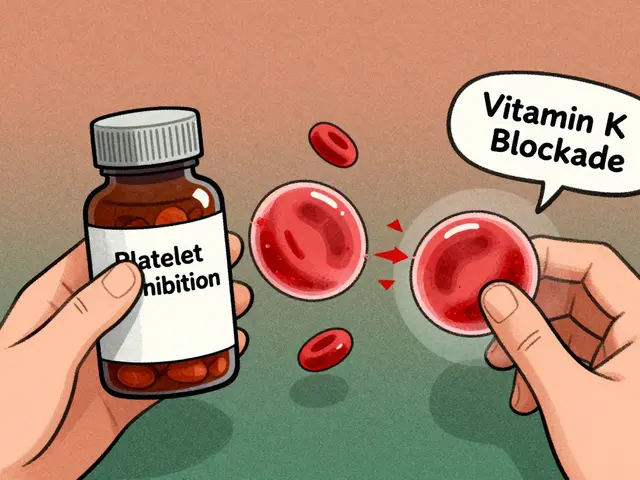Sun Sensitivity – Causes, Risks, and Quick Protection Tips
Ever notice you burn faster than friends after a short walk in the sun? That’s sun sensitivity, also called photosensitivity. It happens when your skin reacts more strongly to ultraviolet (UV) rays. Some people are born with it, but many get it from medicines, supplements, or skin conditions. Knowing the why and how can keep you from painful burns and long‑term damage.
Common Triggers of Sun Sensitivity
Lots of prescription drugs can turn a mild sun into a furnace. Antibiotics like doxycycline, tetracyclines, and ciprofloxacin are big culprits. Anti‑acne retinoids (Accutane) and blood pressure pills such as diuretics may also make you more reactive. Even over‑the‑counter supplements, like certain herbal extracts, have been linked to brighter reactions.
Beyond meds, some medical conditions raise your risk. Lupus, rosacea, and eczema can all lower the skin’s tolerance to UV light. If you have a fair complexion, light‑colored eyes, or a family history of skin cancer, you’re already on the sensitive side.
Practical Ways to Guard Against Sun Damage
First, check the label of any new drug or supplement. Look for warnings about sun sensitivity and ask your pharmacist if extra protection is needed. If you’re already on a known photosensitizing med, plan outdoor activities for early morning or late afternoon when the sun’s rays are weaker.
Wear broad‑spectrum sunscreen with at least SPF 30 every day, even when it’s cloudy. Apply it 15 minutes before stepping outside and reapply every two hours—or sooner if you’re sweating or swimming. Don’t forget easy spots like ears, the back of the neck, and the tops of your feet.
Clothing matters, too. Long sleeves, wide‑brimmed hats, and UV‑protective shirts can block up to 98% of UV radiation. Sunglasses with UV coating protect your eyes and the delicate skin around them.
If you notice redness, itching, or a rash after sun exposure, cool the area with a damp cloth and use a gentle moisturizer. Over‑the‑counter hydrocortisone can calm mild inflammation, but see a doctor if the reaction spreads or lasts more than a day.
Finally, stay hydrated. Water helps keep skin cells healthy and can reduce the severity of a sun‑induced burn. Pair hydration with a diet rich in antioxidants—think berries, leafy greens, and nuts—to give your skin extra support.
Sun sensitivity can be annoying, but with a few smart habits you can stay comfortable and protect your skin for the long run. Keep an eye on the meds you take, arm yourself with sunscreen and protective gear, and listen to your body’s signals. Enjoy the outdoors the safe way.

- Sep 22, 2025
- Posted by Cillian Osterfield
Azathioprine Sun Sensitivity - How to Safeguard Your Skin
Learn why azathioprine increases sun sensitivity, how UV light affects you, and practical steps-sunscreen, clothing, timing, and medical advice-to keep your skin safe.
Categories
- Health and Wellness (72)
- Medications (72)
- Health and Medicine (28)
- Pharmacy Services (12)
- Mental Health (9)
- Health and Career (2)
- Medical Research (2)
- Business and Finance (2)
- Health Information (2)
Latest Posts
©2026 heydoctor.su. All rights reserved





